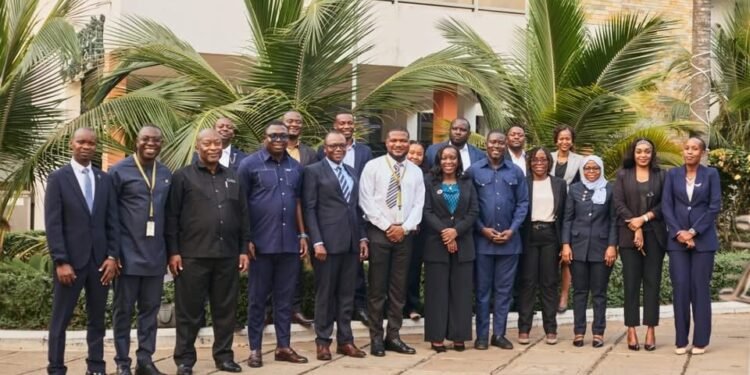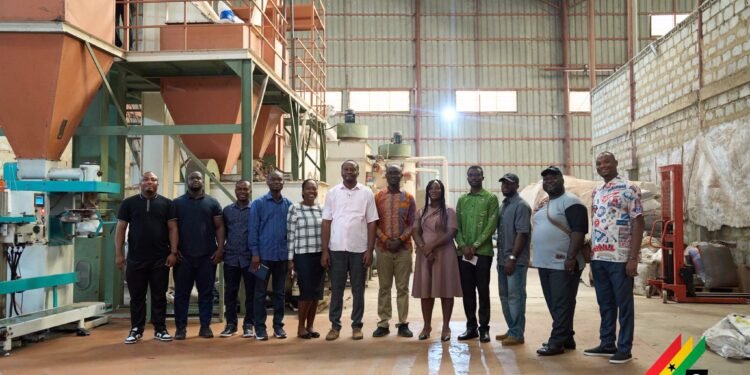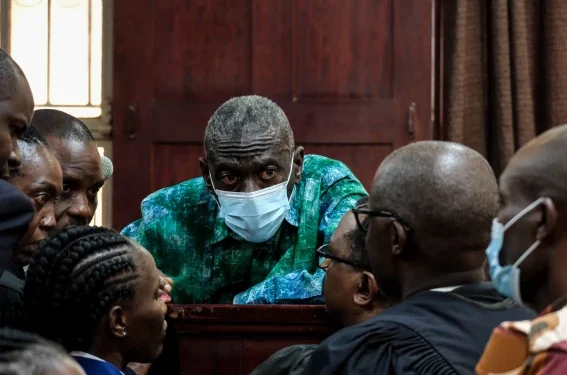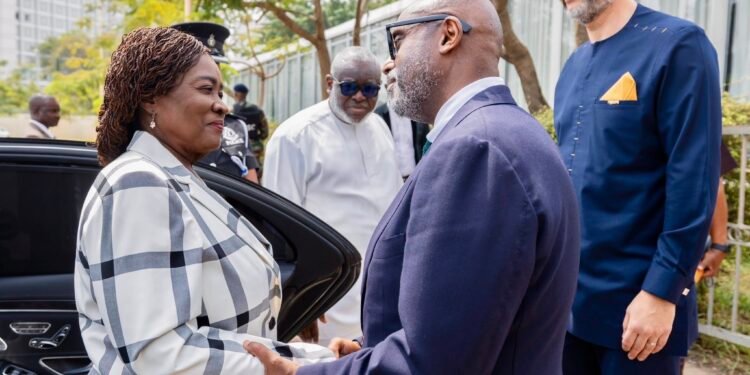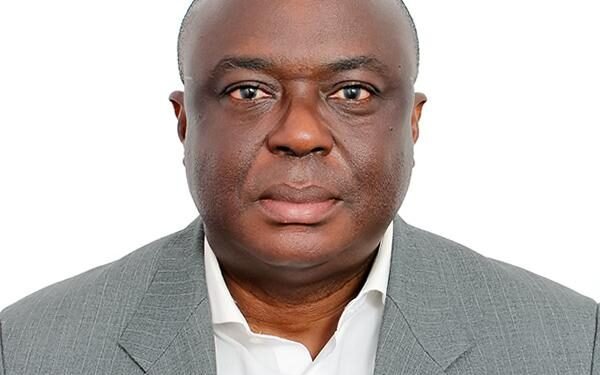Ghana’s ability to borrow externally in 2025 has been significantly constrained under a borrowing cap set by the International Monetary Fund (IMF), limiting the country to no more than $250 million in new external loans, including commercial financing.
This restriction is part of a Memorandum of Understanding (MOU) agreed upon with Ghana’s Official Creditor Committee (OCC) as the nation undertakes comprehensive debt restructuring efforts.
The $250 million borrowing ceiling has now been integrated as a structural benchmark under the IMF-supported program, allowing the Fund to monitor Ghana’s compliance annually. This cap is part of the broader debt sustainability framework put in place following Ghana’s suspension of external debt servicing in 2022. The MOU, signed by all participating creditor countries, sets the foundation for bilateral agreements to enforce this restriction, ensuring Ghana adheres to the terms of its debt restructuring commitments.
Impact on Ghana’s Debt Restructuring Process
The borrowing limit coincides with Ghana’s ongoing Eurobond restructuring efforts. The government is in the process of swapping approximately $13.1 billion in outstanding Eurobonds for new instruments, in line with its broader strategy to restore debt sustainability. By setting a borrowing cap, the IMF and Ghana’s creditors aim to prevent a recurrence of unsustainable debt accumulation while the country rebuilds fiscal stability.
To navigate these constraints, Ghana’s Ministry of Finance is prioritizing funding for critical projects through ongoing engagements with bilateral creditors. Government agencies have been directed to exclude externally financed capital expenditure (CAPEX) from their 2025 budgets until the Ministry finalizes its list of priority projects.
This approach ensures that limited resources are allocated to the most essential initiatives, albeit at the cost of delaying or shelving certain infrastructure projects.
Implications for the New Mahama Administration
The borrowing cap presents a major challenge for the newly elected National Democratic Congress (NDC) administration under President John Mahama, which campaigned on an ambitious infrastructure agenda. With external borrowing severely limited and Ghana’s local bond market still recovering from the domestic debt exchange program, the government faces constraints in raising funds for large-scale development projects.
Treasury bills remain one of the few viable financing options, but elevated interest rates continue to burden public finances. This tight fiscal environment could force the Mahama administration to reassess its spending priorities, focusing on debt servicing and operational expenses rather than expansive infrastructure investment.
Speaking at the Munich Security Conference in February 2025, President Mahama confirmed that his government does not intend to extend Ghana’s IMF program beyond its scheduled conclusion in May 2026.
An extension would likely impose further restrictions on public spending, making it even more difficult to deliver on the NDC’s key campaign promises. However, exiting the program will require Ghana to demonstrate significant progress in fiscal consolidation and debt management.
Beyond official creditors, Ghana is also engaging with commercial lenders, including Eurobond holders, to finalize restructuring agreements that align with the comparability of treatment principle. This principle ensures that all creditors contribute equitably to Ghana’s debt relief efforts. Successfully securing these agreements is critical to stabilizing the economy and regaining access to international capital markets in the future.
While the borrowing cap is intended to keep Ghana on a path toward fiscal sustainability, it imposes significant constraints on the government’s ability to finance development projects. The Mahama administration must now navigate these fiscal limitations while balancing the need for economic growth and social development.
As Ghana continues its debt restructuring journey, the focus will be on maintaining discipline in public finances, securing favorable terms from creditors, and identifying alternative funding sources to sustain economic progress. The government’s ability to manage these challenges effectively will determine the country’s financial stability and development trajectory in the coming years.
READ ALSO: President Mahama Declares Assets










